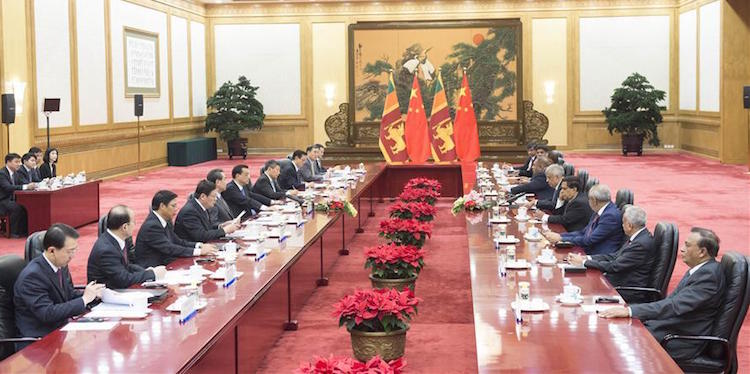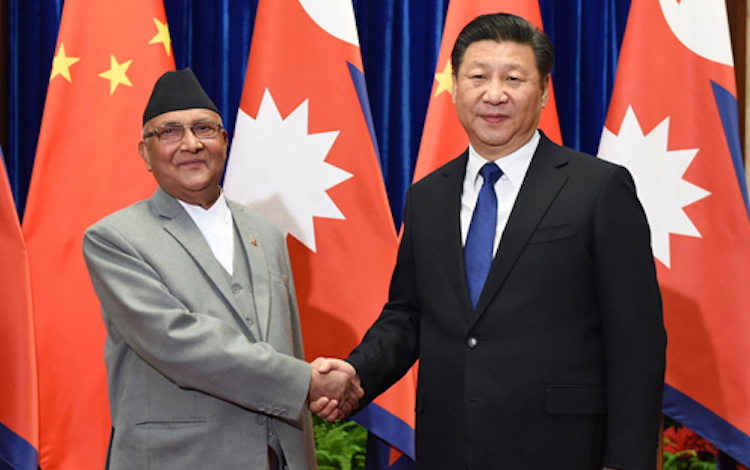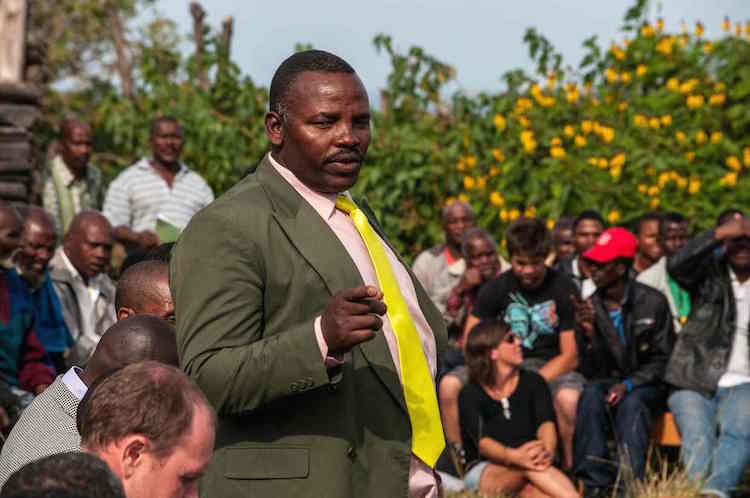Analysis by Dr Palitha Kohona*
COLOMBO, Sri Lanka (IDN) – As Sri Lanka, with an administration now in power for over one year, begins to confront complex domestic and international challenges, Prime Minister Ranil Wickremasinghe undertook a visit to Beijing.
Unthinkable just a few months ago with orchestrated anti China rhetoric flooding the media, he joined other world leaders who had already lined up outside the gates of Beijing seeking manna from the Middle Kingdom. At the conclusion of the visit on April 10, he spoke effusively of the potential for cooperation between the two countries.
So what caused the change? The visit was billed as an initiative to reassure the Chinese that Sri Lanka remained a reliable global partner, it is a welcoming destination for Chinese investors and tourists, and it will honour its contractual obligations to Chinese concerns made by the previous administration and it may have achieved at least some of its goals.









